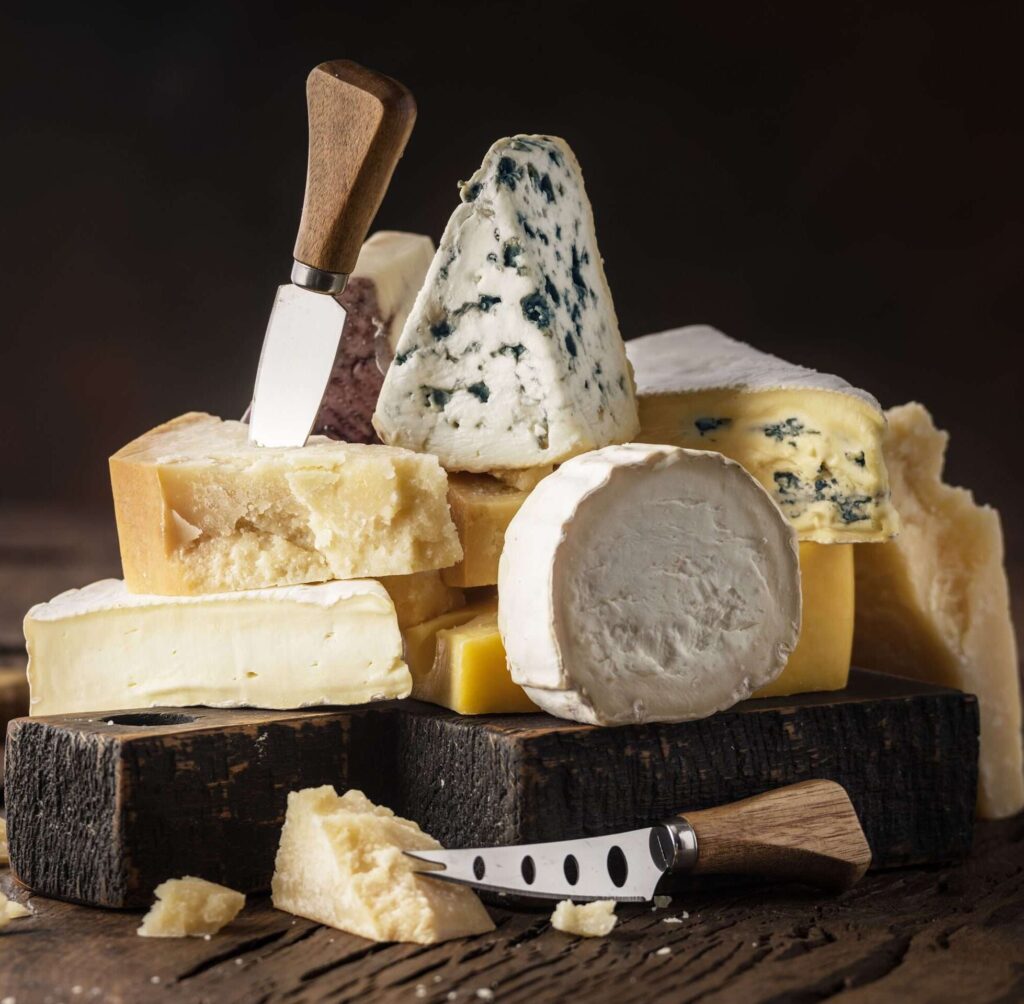
Sustainability and Fair Trade Cheese?
Farmers struggle to operate profitably. Farm to table programs seem to be a partial solution. Local, farm-made cheese may enhance sustainability. But shoppers want lower prices. Or even free food. And city dwellers want to eat clean. But chemical farming reduces the cost of goods produced.
Consequently, the struggle for sustainability of small family farms versus mass production of goods continues. How can these small scale farmers market their goods?
Farm to Table with Drones?
Farm to table food concepts parallel with small farms. However, we live in our modern world of digital connections. With electronic devices such as drones, and “thinking outside of the box”, large corporations now prose threats to small family farms. Order your local foods, farm fresh, delivered with drones?
As businesses merge to combine their marketing strengths and abilities, the general populace will get caught up in the hype and frenzy of it all. But realistically, sustainable suffers. Undue price negotiations suppress small-scale farming. Large, in fact huge, operations then step up. And they become the main suppliers to supposedly eat clean. Due to their more economical offering they camouflage less authentic products by tags that mislead consumers.
Is Fair Trade Really Fair?
To answer that honestly, we would need to look at the ramifications the organization’s decisions make on the smallest farmers and labors. But again, we must remember that as movements grow, they usually compromise in order to maintain their growth and popularity. It has happened so many times in the past and we may as well understand that it will always continue to be that way.
I understand there have been significant compromises to the original Fair Trade values. Really how do the farmers get paid? Are their labors rewarded fairly today? But the certification still means something to consumers, but correctly so?
Fully Fair Trade Offers Sustainability
Sustainability means that the method to produce a product and deliver it to the table can be repeated over and over and over. This can then happen repeatedly without depleting the factors needed to repeat the process. Someone must produce the goods. Someone must connect the goods to the consumer. Buying large organic eggs at the supermarket at $2.00 a dozen may be possible at time but it is not sustainable.
How seriously do you want to eat clean? Are you willing to pay according to sustainability to eat clean?
Someone is losing money and resources; that is certain. Perhaps the farmer needed to sell them at a loss. Or did he secure the feed by cheating the grain producers. It is possible that the hands that helped care for the hens did not receive payment. And various workers have had roles in the production of that dozen of eggs. Who took the loss? Did he need to lose his family’s income because of it? One dozen will not break a person but how long can we expect a person to work for an insufficient wage?
Even after taking the egg to the plant for grading and packaging, numerous folks must work to have them available on the supermarket shelf. And even direct marketing incurs costs that reflect in the sale price in order for it to be fully sustainable.
A Pitfall for Many Direct Marketers
Often small scale farmers fall prey to the consumer requests to sell goods directly. And often they quickly come up with prices too low for sustainability. No harm is intended but it simply comes to light for the farmer after he sees that his income does not cover his costs. He failed to realize the hindrances to his time schedule that customer relationships would cost him. Or maybe the losses of dishonest customers taking out money from the honorary system he trusted cost him too much. Had he not calculated that into his overall cost of goods? Consequently he operated the past year at a loss. And even some good meaning folks enabled his losses at their immediate gain. They wanted farm fresh goods at low prices without considering future harm they may bring.
Supporting the small farm
What can we personally do to support the small farm, one when they eat clean themselves and desire to share that type of food with others?
Swiss Villa steps into the picture as providing a food hub. We work with small family farms in helping them to expand their sales from what they sell at the end of the lane farm stand in the rural areas they farm. We try to educate folks as to what these farms stand for and try to assist them thus in sustainability.
Farm to table thoughts might encourage you to drive to the farm and ask the farmer to purchase a pound of his farmstead cheese. You just distracted him. He needed to care for the chickens or other farm work. And your visit may turn into a 20 minute discussion. Oops! How was that a fair trade price for a $6.00 sale? Perhaps you would support him better going to the local food co-op to make the purchase. The farmer must focus on farming for sustainability, not marketing. He simply does not have enough time to talk with all the folks he would need to in order to sell enough products to cover his cost of farming. Farm to table has its place and yet its limits.


